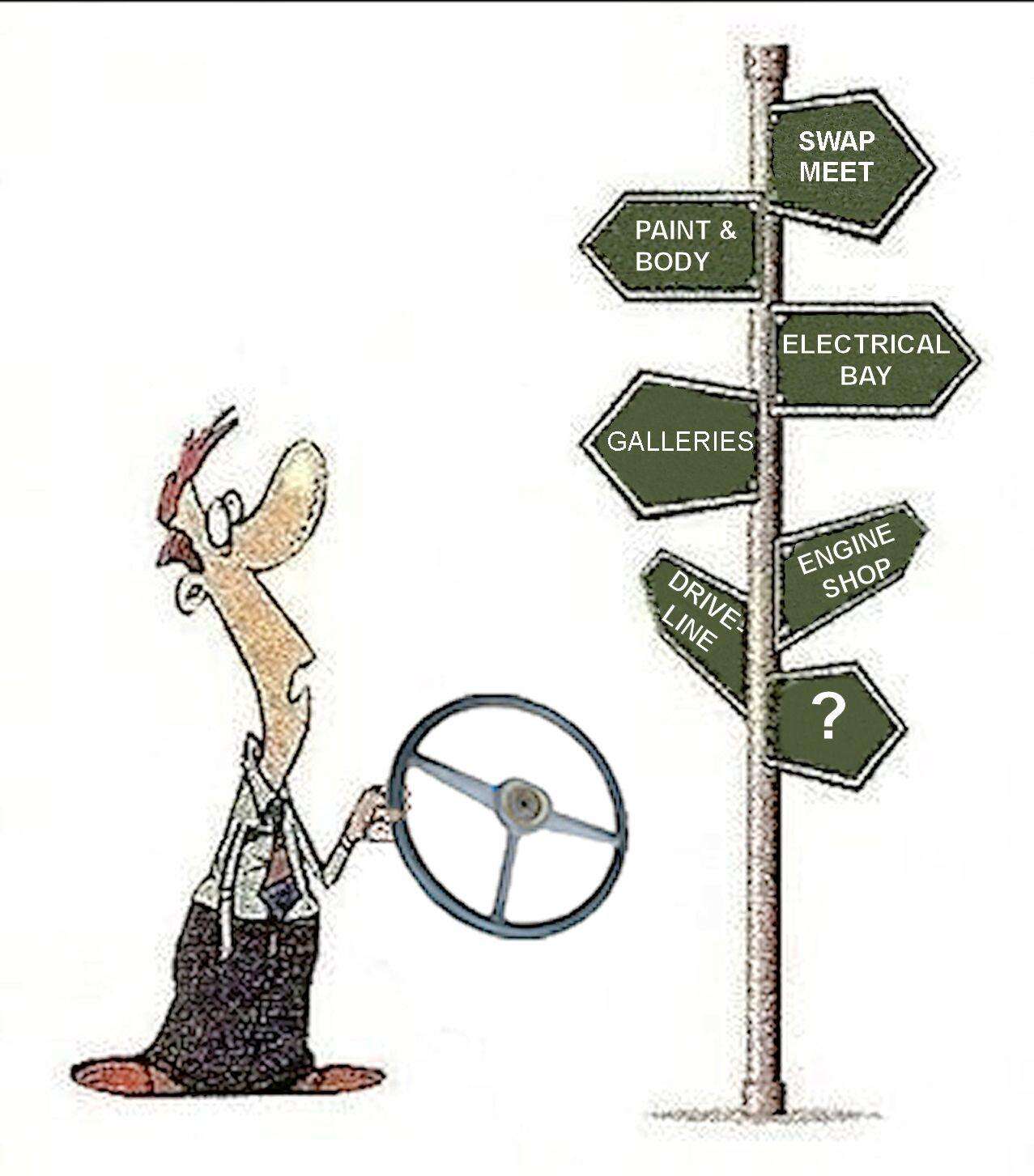| |
BUSY BOLTERS Are you one?  The Shop Area The Shop Area
continues to pull in the most views on the Stovebolt. In August alone there were over 22,000 views in those 13 forums.
| | Click on image for the lowdown. 
====
| | | Forums66 Topics126,777 Posts1,039,270 Members48,100 | | Most Online2,175
Jul 21st, 2025 | | | | Joined: Aug 2018 Posts: 729 'Bolter | | 'Bolter Joined: Aug 2018 Posts: 729 | I ordered a cab mounting kit from one of the popular dealers. They, along with the other major dealers show one fiber/rubber pad at each front mount. But, when I took my truck apart, there were 2 similar pads at each front cab mount. One was beneath the tab on the frame, and the other was between the frame tab and the cab. So my question is: which location should I put my new pads at?
Mike Burns
1940 Chev 1/2 ton
1953 Chev 1/2 ton
1950 Studebaker Starlight Coupe
1947 Indian Chief
1943 Indian 741
| | | | | Joined: Nov 2009 Posts: 639 'Bolter | | 'Bolter Joined: Nov 2009 Posts: 639 | I see no reason why you couldn't go ahead and install new pads the way the old ones were. When I got my truck it didn't have ANY pads and the cab noise was unbearable. Doubling up on pads might improve vibration insulation but it's possible a previous owner installed extra pads to compensate for cab sag. I did the same thing with my cab instead of using body shims to keep my doors aligned. | | | | | Joined: Jul 2014 Posts: 1,300 Moderator for Tons o' Fun , Co-Moderator Driveline Forum | | Moderator for Tons o' Fun , Co-Moderator Driveline Forum Joined: Jul 2014 Posts: 1,300 | I agree, do your best to match what was there before, especially the thickness.
Ron - - Dusty53 1954 Chevy 3604In the Gallery Forum "You can't dance with the Devil and then wonder why you're still in Hell."
"They will forget what you've said, and they will forget what you have done but they will never forget the way you made them feel." | | | | | Joined: Mar 2014 Posts: 4,208 Moderator, Electrical Bay | | Moderator, Electrical Bay Joined: Mar 2014 Posts: 4,208 | For what it is worth, I've learned to check the thickness of any pad you might buy after you install them. The thickness might seem correct, but it is common for the pads sold today to compress more under weight/time and the worst problem is they can allow your cab to contact your frame over on the passenger side. If that occurs, you'll get a lot more noise from your frame transmitted to your cab than you should. One way to fix it: go to a plumbing supply store and purchase a bit of shower liner material (it isn't expensive and they'll probably sell you 1 foot by 5 or 6 feet). It is about 1/16" thick, pvc based and wears like iron. Won't compress at all but will deaden vibration noise very well. Add this to those pads you bought until your cab doesn't touch the frame and actually if you want, you can make a complete pad by using the special glue sold for the shower liner sheet and laminating it. Use a hammer punch cutter for the holes and cut the hole for each piece separately. I've done this and it worked very well. You can also use this to make the pads between your front fenders and inner fenders and other mounting pads used in your front end. It is better than what is sold today because unlike cellular rubber, it will not absorb water. Good luck.
Last edited by Jon G; 04/23/2021 3:14 PM.
~ Jon
1952 1/2 ton with 1959 235 | T5 with 3.07 rear end
| | | | | Joined: Mar 2010 Posts: 10,059 Renaissance Man | | Renaissance Man Joined: Mar 2010 Posts: 10,059 | Whatever you end up using, you need to measure the distance between the bottom of the front can support and the frame. This needs to be within specs of the Manual in order for the front clip to fit right, Same for the rear cab mounts.
Once you have all four corners within specs, all you have to mess with is the shims/pad under the radiator support.
1952 5-window - return to "as built" condition | 1950 3100 with a 235 and a T-5 transmission
| | |
|
|
| |